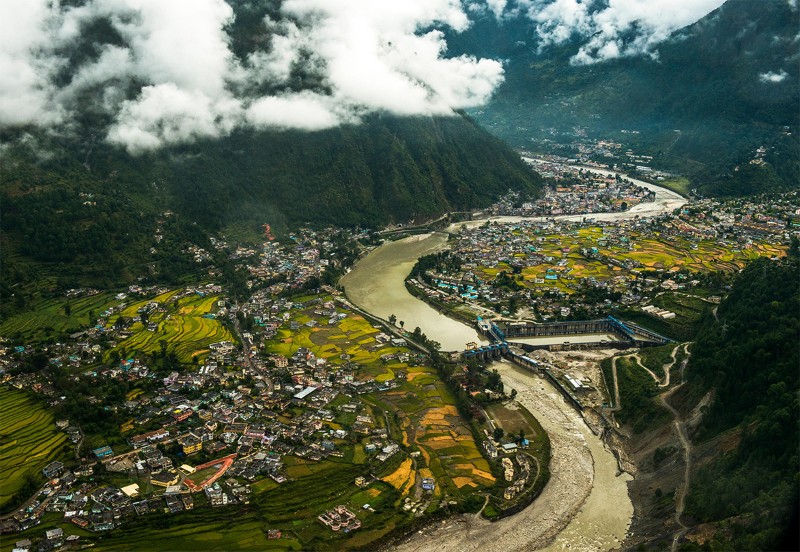
īasing his arguments on the excavations by the Archaeological Survey of India (ASI) in 1999–2000 at the Chabeli Tila, senior Agra journalist Bhanu Pratap Singh said the antique pieces, statues, and structures all point to a lost "culture and religious site," more than 1,000 years ago. The area later came under the rule of the Delhi Sultanate and many mosques were built at the place which grew in size during the period of the Khalji dynasty. According to historian Syed Ali Nadeem Rezavi, the region flourished under Sunga rule and then under Sikarwar Rajputs, who built a fortress when they controlled the area from 7th to 16th century, until the Battle of Khanwa (1527). Īrchaeological evidence points to settlement of the region since the Painted Grey Ware period. In 1815, the Marquess of Hastings ordered the repair of monuments at Sikri.įatehpur Sikri was awarded the status of UNESCO World Heritage Site in 1986. The city came to be known as Fatehpur Sikri, the "City of Victory", after Akbar's victorious Gujarat campaign in 1573.Īfter occupying Agra in 1803, the East India Company established an administrative centre here and it remained so until 1850. After Jahangir's second birthday, he began the construction of a walled city and imperial palace here. Akbar's son Jahangir was born in the village of Sikri to his favourite wife Mariam-uz-Zamani in 1569 and in that year Akbar began construction of a religious compound to commemorate the Sheikh who had predicted the birth. The khanqah of Sheikh Salim Chishti existed earlier at this place.

It was controlled by Sikarwar Rajputs from the 7th to 16th century CE until the Battle of Khanwa (1527).

The region was settled by Sungas following their expansion. An Archaeological Survey of India (ASI) excavation from 1999 to 2000 indicated that there was a habitation, temples and commercial centres here before Akbar built his capital. The name of the city is derived from the village called Sikri which occupied the spot before. Situated 35.7 kilometres from the district headquarters of Agra, Fatehpur Sikri itself was founded as the capital of Mughal Empire in 1571 by Emperor Akbar, serving this role from 1571 to 1585, when Akbar abandoned it due to a campaign in Punjab and was later completely abandoned in 1610. Kos Minar#793 at 12-mile on Agra-Fatehpur Sikri Road section of National Highway 21įatehpur Sikri ( Hindi: ) is a town in the Agra District of Uttar Pradesh, India.


 0 kommentar(er)
0 kommentar(er)
